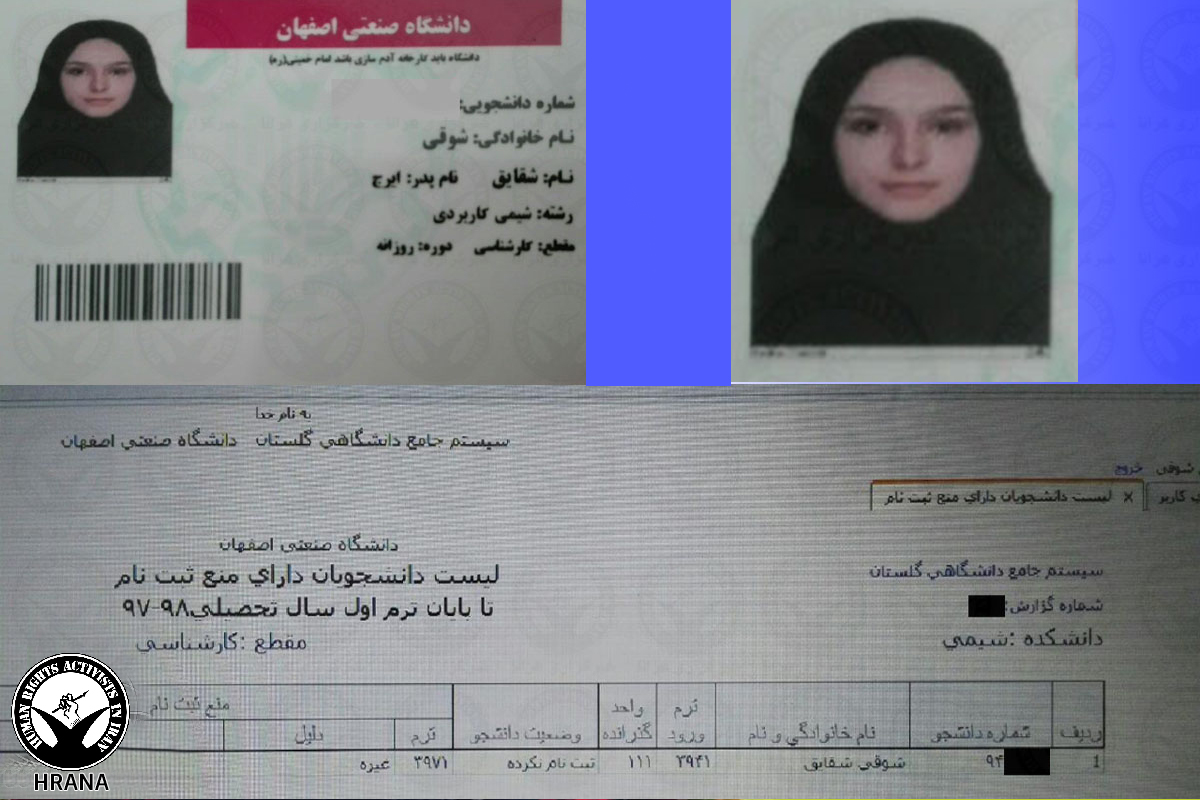Human Rights Activists News Agency (HRANA) – In continued efforts to marginalize the Iranian Baha’i community, Yazd security officials put pressure on the administrator of a Samsung subsidiary to fire marketing representative Sahar Rouhani on the grounds of her faith.
An informed source told HRANA that Rouhani was already being commended by Samsung executives as one of the best employees in the company after working there for little more than a year.
Rouhani’s university photography studies were cut short for the same reason in 2009, the source added. “She was expelled from the university in the middle of the fourth semester, after paying full tuition fees, because of being Baha’i.”
In August of this year, HRANA reported on the sudden and permanent dismissal of Baha’i Shiraz residents Sabah Haghbin, Samira Behinayeen, and Payam Goshtasbi from their private companies. Their company’s executives, like those at Samsung, had been harried by security agents to fire them.
Ever since the Iranian Revolution of 1979, when Baha’is were fired from public-sector positions en masse in a process known as Paksazi (cleansing), state authorities have consistently quashed the efforts of Baha’i citizens to improve their social status, shuttering their bodegas, confiscating their property, blackballing them from schools, and pulling strings to terminate their employment.
UN Human Rights Rapporteurs have repeatedly objected to Iran’s history of repressing Baha’is, citing it as a token example of the regime’s neglect of human rights treaties.
Baha’i citizens of Iran are systematically deprived of religious freedoms, while according to Article 18 of the Universal Declaration of Human Rights and Article 18 of the International Covenant on Civil and Political Rights, all people are entitled to freedom of religion, belief, and changes thereof, as well as the right to express and practice those beliefs as individuals or collectives, in public or in private.
Though unofficial sources estimate the Baha’i population of Iran at more than 300,000, Iran’s Constitution officially recognizes only Islam, Christianity, Judaism, and Zoroastrianism, and does not acknowledge the Baha’i faith as an official religion. As a result, the rights of Baha’is in Iran are systematically violated.




